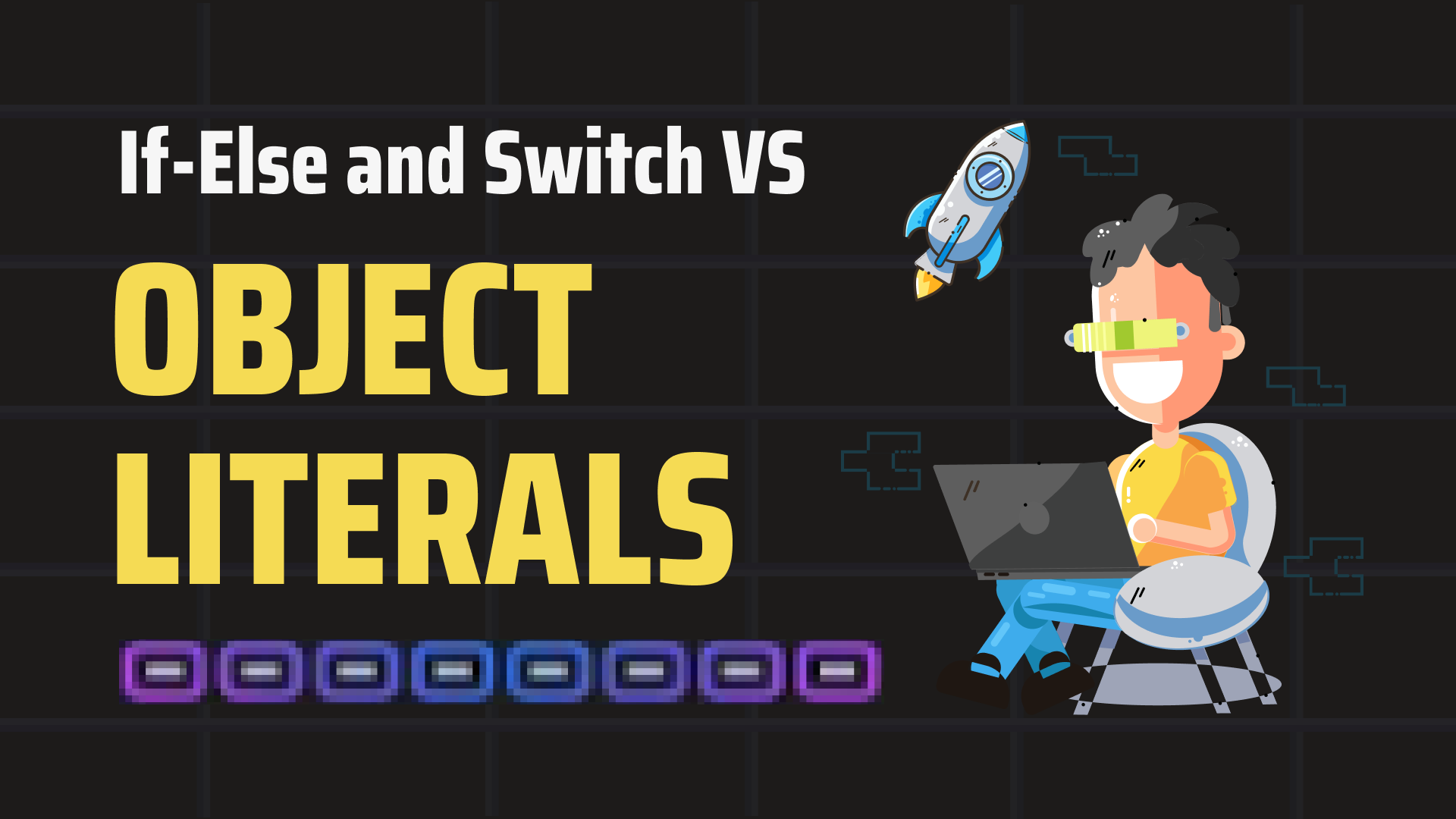Stop Using If-Else and Switch, Use Object Literals Instead
Updated: February 24, 2022•2 min read

Long lists of if/else statements or switch cases can get bloated quickly.
As an example, let’s say we have a function that takes a rhyming slang phrase and returns the meaning. Using if/else statements, it would look like this:
OR
An Alternative
You can use an object to achieve the same functionality as above in a much neater way. Let’s have a look at an example:
OR
OR
Conclusion
. Don’t forget to clap 👏 in the comment section below if you learned something new.
